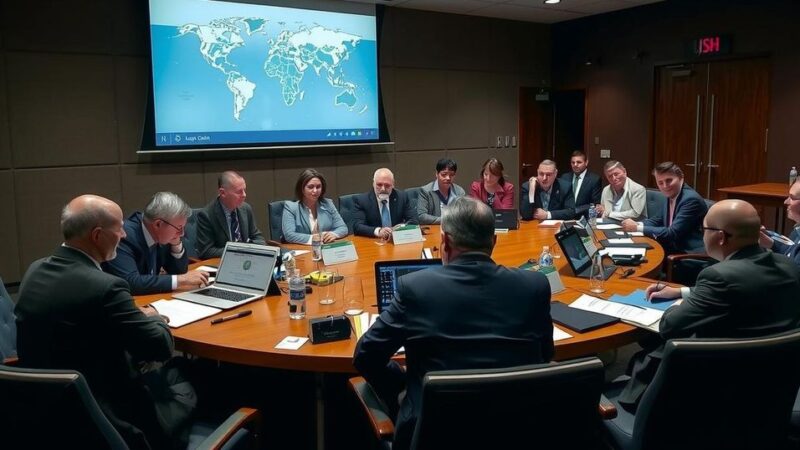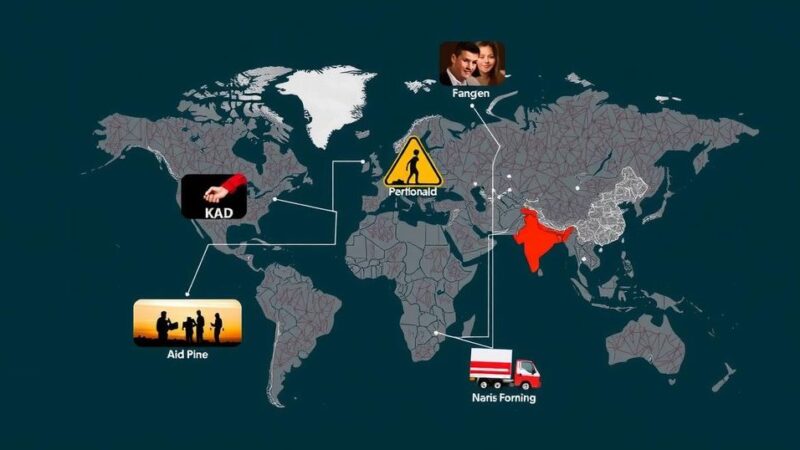World leaders concluded the U.N. General Assembly amidst escalating conflicts in the Middle East and other regions, emphasizing the need for revitalizing multilateralism. Despite concerns over violence and inequality, the adoption of the “Pact for the Future” offers a glimmer of hope for collaborative solutions to global challenges.
In the face of escalating conflicts potentially leading to a broader war in the Middle East, world leaders who convened at the United Nations left with a mix of concern and cautious hope. During the annual U.N. General Assembly, leaders addressed the pressing issues of ongoing violence in Gaza, Ukraine, Sudan, and the deteriorating situation between Israel and Hezbollah. U.N. Secretary-General Antonio Guterres underscored the urgent need to restore “multilateralism”—the foundation of international cooperation established in 1945—highlighting that the current global climate calls for collective action against climate change, socioeconomic disparities, and unchecked technological advancements. Despite the grim backdrop, there was a notable development: the adoption of a “Pact for the Future,” a 42-page document aimed at unifying the 193 member states to tackle shared challenges collaboratively. This initiative reflects a degree of consensus among nations, as voices from less powerful states insist on the necessity for equitable representation within global decision-making bodies. Several leaders emphasized the importance of re-envisioning global cooperation and fostering sustainable development to ensure a better future for all. Ultimately, while the atmosphere was fraught with tensions, there remained a thread of optimism underscored by calls for effective action to avert further crises and realize shared global aspirations.
The context of this article revolves around the gathering of world leaders at the United Nations for the annual General Assembly, a critical platform for discussing global challenges. The session occurred amidst intensifying conflicts, particularly in the Middle East, and concerns about the viability of multilateral cooperation. Historical precedents illustrate that the U.N. was established post-World War II to facilitate collaboration among nations and promote peace; however, present-day leaders are grappling with the reality that such collaboration is faltering in the wake of prevalent crises. Thus, discussions focused on the necessity of revitalizing multilateralism while addressing urgent humanitarian and social issues.
In conclusion, the recent U.N. General Assembly highlighted urgent global crises and the pressing need for reform in international cooperation. Despite the prevailing atmosphere of anxiety regarding military conflicts and socioeconomic disparities, the adoption of the “Pact for the Future” signifies a collective willingness to address these challenges. As leaders return home, the efficacy of their commitments remains to be seen; however, the dialogue initiated at this distinguished gathering underscores a pivotal moment for multilateralism.
Original Source: www.washingtonpost.com






